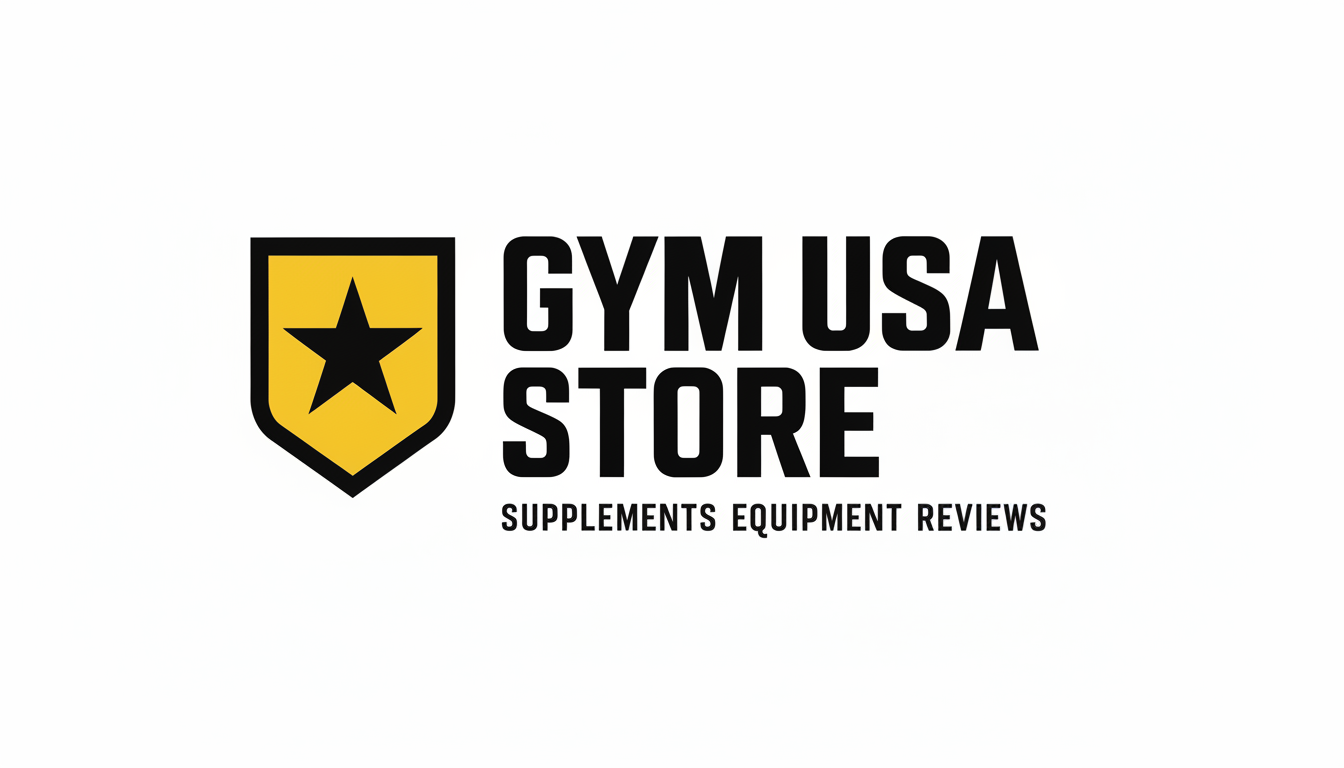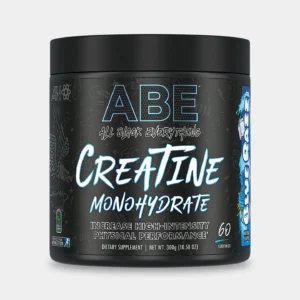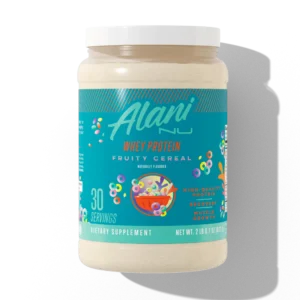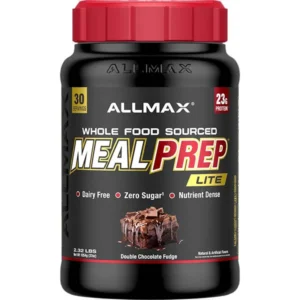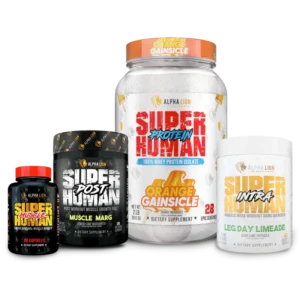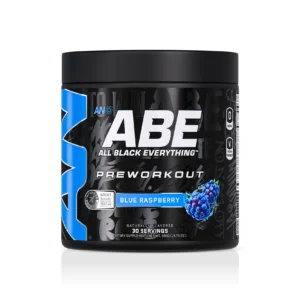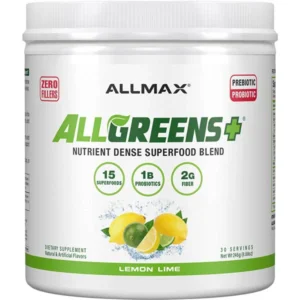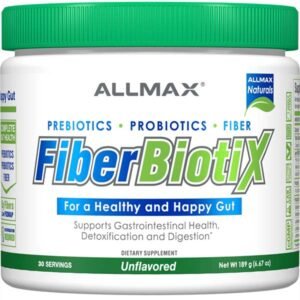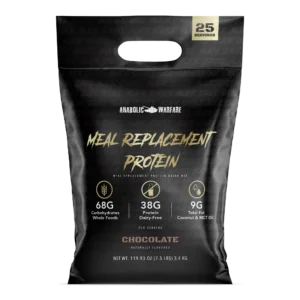20 biggest gym supplements producers in USA. All you need to know. The American fitness supplement industry is a multi-billion dollar behemoth, fueled by a relentless pursuit of performance, physique, and health. While countless brands vie for shelf space and online clicks, the true power lies with the producers—the companies that own the manufacturing facilities, control the research and development, and hold the brands that define the category. These are not mere vendors or distributors; they are the architects of the powders, pills, and potions that fuel gyms across the nation.
This article delves into the 20 biggest and most influential supplement producers in the United States, moving beyond marketing hype to examine their core operations, product portfolios, and the strategic machinery behind their sales.
Check also: top 10 biggest gym equipment producers in USA
1. Glanbia plc (via Glanbia Performance Nutrition)
The Global Goliath
While Glanbia is an Irish multinational, its performance nutrition division, headquartered in Illinois, is a dominant force in the U.S. market. Glanbia isn’t just a producer; it’s a vertically integrated empire. They control everything from sourcing raw whey from their dairy operations to manufacturing the finished products for some of the world’s most recognizable brands.
- What They Produce: Glanbia’s portfolio is a who’s who of supplement giants. They own and produce Optimum Nutrition (ON), widely considered the gold standard for protein powder quality and consistency. They also produce BSN, Isopure, ThinkThin, and Body&Fit. Their product range is exhaustive, covering protein powders (whey, casein, plant-based), pre-workouts, amino acids, weight management products, and ready-to-drink (RTD) shakes.
- How They Sell: Glanbia employs a multi-channel behemoth strategy. Their brands are ubiquitous in major retail chains like GNC, Vitamin Shoppe, and Walmart. They have a massive direct-to-consumer (DTC) e-commerce presence through brand-specific websites and leverage a vast network of online and brick-and-mortar third-party retailers. Their B2B arm also manufactures for private labels and other brands.
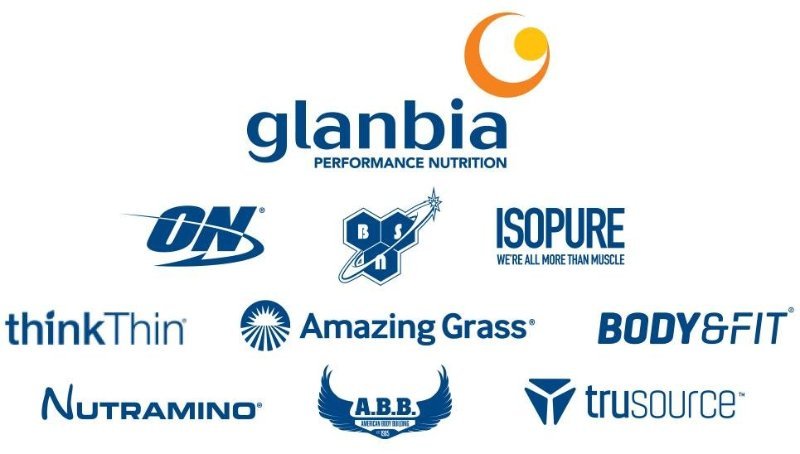
2. The Hut Group (THG) / THG Nutrition
The E-Commerce Powerhouse
THG, a UK-based company with a massive U.S. footprint, has aggressively acquired and integrated leading supplement brands into its ecosystem. Their model is centered around cutting-edge e-commerce technology and state-of-the-art manufacturing facilities.
- What They Produce: THG Nutrition’s flagship brand is Myprotein, one of the world’s largest online sports nutrition brands. They offer a staggering array of products, from their own highly affordable whey protein and pre-workouts to clothing and food items. Through acquisition, they also now produce and market Optimum Nutrition in certain international markets, though it’s primarily under Glanbia in the US. They focus on a direct-to-consumer model that allows for extensive product customization and frequent promotions.
- How They Sell: The core of THG’s strategy is DTC e-commerce. Myprotein’s success is built on a digital-first approach, utilizing influencer marketing, personalized email campaigns, and a relentless stream of discount codes. They also sell through their own proprietary platforms and have a growing retail presence.
3. Abbott Laboratories (EAS & Ensure)
The Science-Backed Mainstream Leader
Abbott is a global healthcare leader, and its nutrition division is a titan in the medical and mass-market supplement space. While not a “hardcore gym” brand in the traditional sense, its products are staples in hospitals, pharmacies, and households nationwide.
- What They Produce: Abbott produces Ensure and Ensure Max Protein, which are widely used for medical nutrition and by older adults or those needing easy nutritional supplementation. They also own EAS, one of the pioneering brands in the bodybuilding supplement world. Their products are known for scientific rigor, quality control, and accessibility.
- How They Sell: Abbott’s distribution is unparalleled. You can find Ensure and EAS products in virtually every Walmart, Target, CVS, Walgreens, and grocery store in America. They also have a strong presence in medical supply chains and are often recommended by healthcare professionals.
Related Products
-
ABE Creatine
$24.99 -
Alani Nu Whey Protein Fruity Cereal
$44.99 -
Allmax Nutrition Mealprep Lite
$48.99 -
Alpha Lion Mass Monster Stack
Original price was: $268.41.$169.99Current price is: $169.99.
4. Post Holdings (BellRing Brands)
The Active Nutrition Conglomerate
Post Holdings, a major consumer packaged goods company, spun off its active nutrition segment into a separate public company called BellRing Brands. This entity is a powerhouse in the convenient nutrition space.
- What They Produce: BellRing’s crown jewel is Premier Protein. Known for its high-protein, low-sugar shakes and bars, Premier Protein has become a cultural phenomenon. They also produce Dymatize, a well-respected brand among serious athletes for its ISO 100 hydrolyzed whey protein and super-clean formulations.
- How They Sell: Premier Protein dominates the club store (Costco, Sam’s Club) and mass retail channels. Dymatize has a strong presence in specialty retailers like GNC and Vitamin Shoppe, as well as a robust DTC e-commerce business. Their strategy is to blanket all major purchase points for supplements online.
5. Nestlé Health Science
The Healthcare and Performance Hybrid
Like Abbott, Nestlé is a global food and beverage giant with a dedicated health science arm. They have strategically acquired brands that bridge the gap between clinical nutrition and sports performance.
- What They Produce: Nestlé Health Science’s most significant brand in this space is Garden of Life. Known for its certified organic, plant-based, and sport-specific products, it appeals to the health-conscious consumer. They also own Pure Protein, a mass-market leader in high-protein bars and shakes, and Muscle Pharm, a once-dominant “lifestyle” sports nutrition brand.
- How They Sell: Garden of Life and Pure Protein are fixtures in mass and grocery retail. Muscle Pharm maintains a presence in specialty retailers. Nestlé leverages its immense distribution network to achieve near-total market penetration.
Check also: buying supplements in Walmart
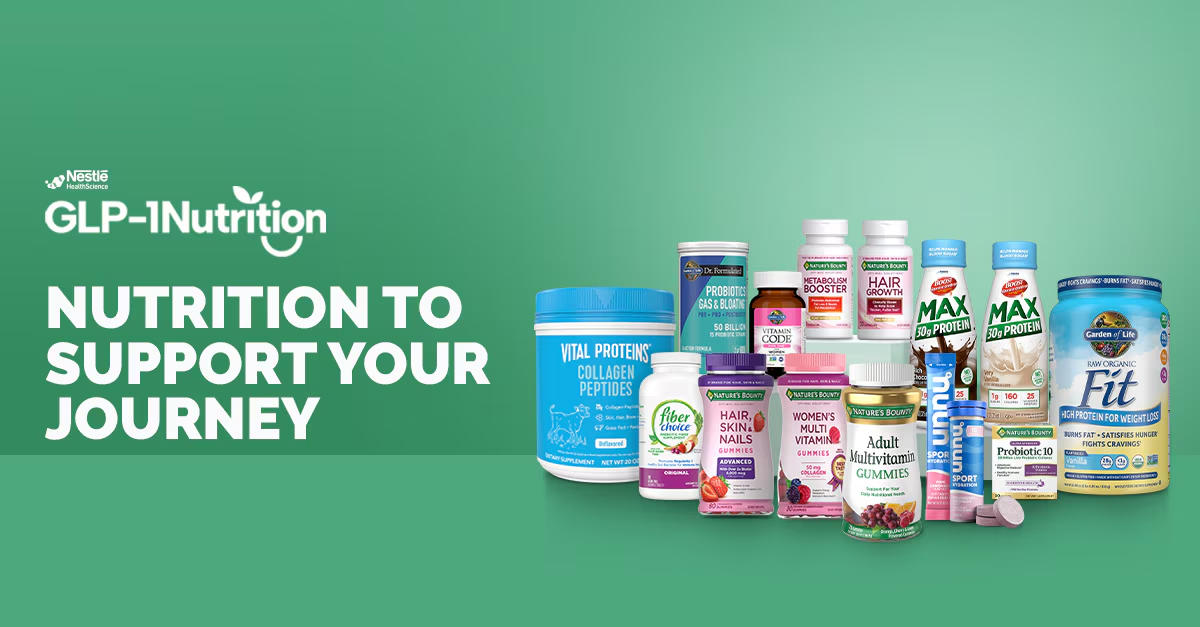
6. CJ CheilJedang (via CJ America)
The Ingredient Supplier Turned Brand Owner
CJ CheilJedang is a South Korean conglomerate and a leading global producer of food ingredients, including monosodium glutamate and nucleotides. Through its subsidiary, CJ America, it has made a massive entry into the U.S. supplement market via a landmark acquisition.
- What They Produce: In 2020, CJ acquired Onnit, a highly distinctive brand founded by Aubrey Marcus. Onnit is known for its “total human optimization” philosophy, producing unique supplements like Alpha BRAIN (a nootropic), New Mood (a serotonin support supplement), and fitness equipment. Their products often feature unconventional ingredients.
- How They Sell: Onnit utilizes a strong DTC e-commerce model, supported by a passionate community and heavy podcast marketing. Their supplements products are also available in select retail partners, including GNC and Vitamin Shoppe.
7. Clorox Company (via Nutranext)
The Consumer Goods Giant in Wellness
In a surprising move for many, The Clorox Company, known for its cleaning products, acquired Nutranext, a leader in the dietary supplement space. This gives Clorox a significant stake in the health and wellness sector.
- What They Produce: While their portfolio includes general wellness brands like Rainbow Light and NeoCell, their most relevant brand for the gym-goer is Solaray. Solaray produces a wide array of sports nutrition products, including protein powders, amino acids, and performance blends, often with an “all-natural” positioning.
- How They Sell: Nutranext brands are widely distributed through health food stores, e-commerce retailers like Amazon, and major brick-and-mortar chains like Whole Foods and Walmart.
Check also: Top 10 U.S. Supplement Brands You Can Trust
Related Products
-
ABE Performance Pre-Workout
$34.99 -
Allmax Nutrition FiberBiotix
Original price was: $24.99.$18.99Current price is: $18.99. -
Allmax Nutrition Mealprep Lite
$48.99
8. J.M. Smucker Company (via Hostess Brands & Big Heart Pet Brands)
The Surprising Protein Player
Smucker’s is synonymous with jams and jellies, but its acquisition of Hostess Brands places it in the protein bar arena. While not a pure-play supplement producer, its scale in the category is immense.
- What They Produce: While they don’t produce traditional powders, they manufacture Hostess Protein Bars, which are a major mass-market product. More significantly, they own Boulder Brands, which produces the Level Life line of low-sugar, high-protein bars and snacks targeted at diabetics and health-conscious consumers.
- How They Sell: This is classic CPG (Consumer Packaged Goods) distribution. Their products are in every convenience store, gas station, grocery store, and mass retailer across the country, competing directly with brands like Clif Bar and KIND.
9. Amway
The Direct Selling Pioneer
Amway is a legend in the multi-level marketing (MLM) world. While its business model is controversial, its scale and production capabilities are undeniable.
- What They Produce: Amway’s flagship health brand is Nutrilite, which it claims is the world’s leading-selling vitamin and dietary supplement brand. For athletes, they produce the XS Sports line, which includes protein powders, pre-workouts, and energy drinks. All products are exclusively available through Amway.
- How They Sell: Exclusively through its multi-level marketing network. Independent Business Owners (IBOs) purchase products at a discount and sell them to customers, also recruiting others to build their “downline.” This creates a powerful, person-to-person sales force.
10. Herbalife Nutrition
The Global MLM Behemoth
Like Amway, Herbalife is a global MLM giant with a massive manufacturing footprint and a fiercely loyal distributor network. They are a pure-play nutrition company focused on weight management and sports nutrition.
- What They Produce: Herbalife’s core product is its Formula 1 Nutritional Shake Mix, marketed as a meal replacement for weight management. Their sports nutrition line, Herbalife24, is designed for athletes and includes a full range of products like pro-long endurance sports drink, hydrate electrolyte drink, and rebuild strength post-workout recovery.
- How They Sell: Exclusively through its network of independent distributors. The model relies on direct selling, nutrition clubs, and a strong community aspect. They do not sell through supplements for sale through traditional retail channels.
Check also: Gym training news
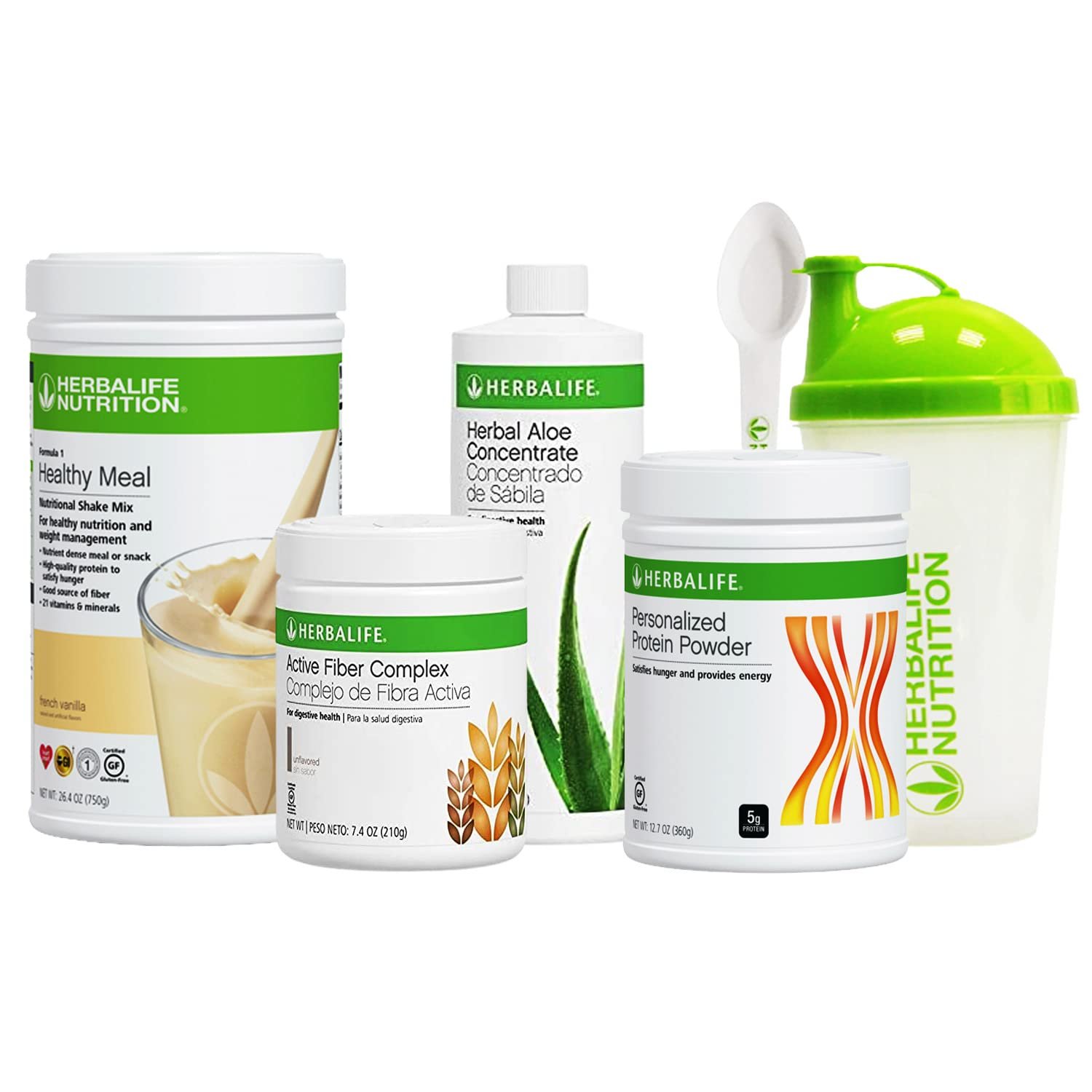
11. GNC Holdings
The Retailer That Became a Producer
While GNC is the world’s largest specialty retailer of supplements, it is also a massive producer through its extensive and highly profitable proprietary brand portfolio.
- What They Produce: GNC manufactures a huge range of products under its own labels. Key brands include GNC Pro Performance (their core sports nutrition line), GNC Mega Men and Women’s (multivitamins), GNC Total Lean (weight management), and their ultra-premium line, GNC AMP. They also produce many store-brand products sold under exclusive agreements.
- How They Sell: Primarily through their vast network of over 4,000 company-owned and franchised retail stores in the U.S., as well as their e-commerce site. Their brands are the “house” products, often given prime shelf placement and promoted heavily by staff.
12. Vitamin Shoppe Industries (VSI)
The Other Retailer-Producer
Similar to GNC, Vitamin Shoppe is a major retailer with a significant private-label manufacturing arm that produces its own high-quality brands.
- What They Produce: Their flagship brand is BodyTech, which offers a full spectrum of sports nutrition products from whey protein to creatine, often at a very competitive price point. They also produce the Vthrive line and various other store-brand vitamins and supplements.
- How They Sell: Through their network of Vitamin Shoppe retail stores and their robust e-commerce platform. Their strategy is to offer high-quality alternatives to national brands at a better value, driving customer loyalty.
Check also: Biggest Gym Supplement Trends in the USA (2025)
13. JYM Supplement Science
The Scientist-Brand
Founded by Dr. Jim Stoppani, a well-known PhD in exercise physiology, JYM represents the “science-first” segment of the industry. Stoppani personally formulates every product based on clinical research.
- What They Produce: JYM produces a focused line of supplements, including the famous Pre JYM pre-workout and Pro JYM protein blend. The brand is known for fully disclosed, dosed-effective formulas that avoid the “proprietary blends” common in the industry.
- How They Sell: Primarily DTC through the JYMSupplements.com website. This allows Stoppani to control the messaging, educate his customers directly, and maintain high-profit margins. Products are also available in GNC.
14. Transparent Labs
The Purity-Focused Disruptor
Arising from the demand for clean, honest labeling, Transparent Labs has built a loyal following by committing to 100% formula transparency—no proprietary blends, no artificial sweeteners or colors.
- What They Produce: Their entire line is built around this ethos. Key products include Transparent Labs ProteinSeries (like Grass-Fed Whey Isolate), PreSeries pre-workouts (like BULK and STIM), and StrengthSeries (creatine, etc.).
- How They Sell: Almost exclusively DTC via their website. This model aligns with their brand identity, allowing them to build a direct relationship with their core audience of informed consumers who value purity over flashy marketing.

15. Kaged Muscle
The Purist’s Choice
Founded by entrepreneur and bodybuilder Kris Gethin, Kaged Muscle emphasizes “clean, high-quality, effective supplements.” The brand focuses on using premium ingredients and clinically studied doses.
- What They Produce: Kaged Muscle offers a complete line, including Pre-Kaged pre-workout, Kasein protein, Hydra-Charge electrolyte supplement, and Creatine HCl. They are known for their high standards in sourcing and manufacturing.
- How They Sell: A hybrid model. They have a strong DTC e-commerce site but also maintain a significant presence in specialty retail partners, particularly GNC and Vitamin Shoppe.
Check also: Kirkland Signature supplements
16. Redcon1
The Tier-1 Operator Brand
Founded by ex-Navy SEAL and fitness influencer Aaron Singerman, Redcon1 has a distinct “military-grade” aesthetic and marketing angle. They have rapidly grown into one of the most prominent brands in the hardcore training community.
- What They Produce: Redcon1’s product line is extensive and aggressive. Their flagship pre-workout is TOTAL WAR, and they produce a wide range of stimulant and non-stimulant fat burners, protein powders, and intra-workouts. The branding is bold and unapologetic.
- How They Sell: Primarily DTC through their website, supported by a massive network of fitness influencers and “affiliate operators” who promote the brand. They also have a growing retail footprint.
17. Gorilla Mind
The Nootropic-Infused Innovator
Founded by popular YouTuber and entrepreneur Derek from More Plates More Dates, Gorilla Mind leverages deep community engagement and a focus on cognitive enhancement alongside physical performance.
- What They Produce: Gorilla Mind is famous for its Gorilla Mind nootropic blends (like Gorilla Mind Rush and Mode). They have successfully expanded into sports nutrition with Gorilla Mind Pre-Workout (known for its multiple, customizable versions) and Gorilla Mind Nitric Oxide boosters.
- How They Sell: Almost exclusively DTC. The brand was built on Derek’s online audience and relies on a direct, transparent communication style with its customer base through its website and social media.
18. Animal (by Universal Nutrition)
The Icon of the Iron Game
A true legacy brand, Universal Nutrition’s “Animal” line has been a staple in bodybuilding gym bags since the 1980s. They represent the old-school, no-frills approach to supplementation.
- What They Produce: Their most famous product is the Animal Pak, a comprehensive vitamin and mineral pack. The Animal line also includes Animal Whey, Animal Stak (test booster), and Animal Cuts (fat burner). They are known for their classic, rugged branding and reliable formulations.
- How They Sell: A strong presence in specialty retail (GNC, Vitamin Shoppe) and a loyal DTC following through their website. Their brand is built on decades of trust within the core bodybuilding community.
Related Products
-
Alani Nu Whey Protein Fruity Cereal
$44.99 -
Allmax Nutrition Mealprep Lite
$48.99 -
Alpha Lion Mass Monster Stack
Original price was: $268.41.$169.99Current price is: $169.99.
19. BPI Sports
The Bold and Innovative Brand
BPI Sports has carved out a significant market share with innovative, often fun-flavored products and aggressive marketing. They are known for creating products that capture attention.
- What They Produce: Their breakout hit was 1MR (1 More Rep), a powerful pre-workout. They also produce BEST Protein (known for flavors like “Cinnamon Churro”), Whey-HD, and a variety of weight-loss and performance enhancers.
- How They Sell: A multi-channel approach. BPI is a major player in both online retail (Amazon, Bodybuilding.com) and brick-and-mortar stores like GNC and Vitamin Shoppe.
20. Betancourt Nutrition
The Veteran Brand
Founded by bodybuilder and entrepreneur Gerry Betancourt, this company has been a consistent presence in the industry for decades. They offer a wide range of supplements with a focus on both performance and general health.
- What They Produce: Betancourt Nutrition produces a vast catalog, including protein powders (like Big Time Whey), pre-workouts, testosterone support supplements, and a unique line of omega-3 and joint support products. They also have a strong presence in the pet supplement market.
- How They Sell: They utilize a hybrid model with a strong DTC website and distribution through a wide network of online and brick-and-mortar retailers.
Check also: American brands reviews
The landscape of American supplement production is diverse and dynamic, ranging from global food and healthcare conglomerates to agile, digitally-native brands built by influencers and scientists. The common thread is the shift towards transparency, quality, and a direct connection with the consumer. Understanding who these producers are, what they make, and how they get their products into the hands—and shaker bottles—of consumers reveals the complex and fiercely competitive engine driving the modern fitness revolution.
